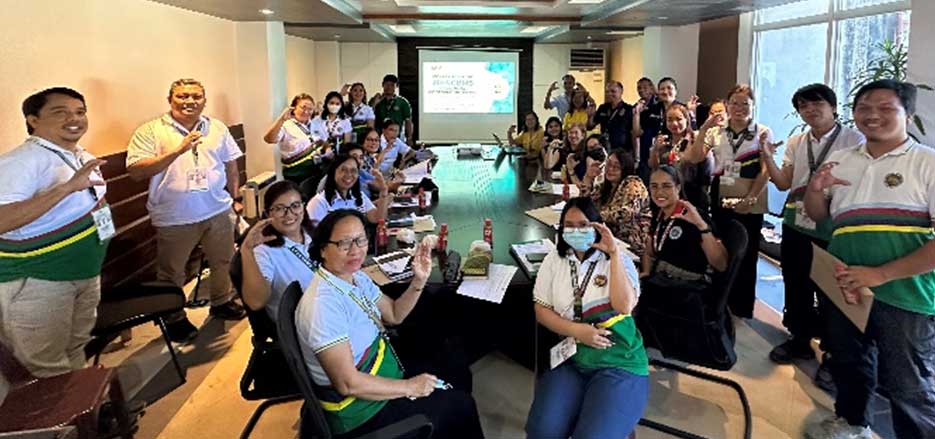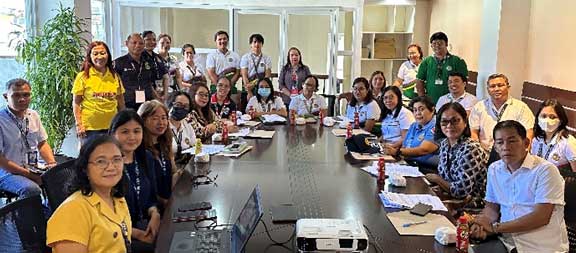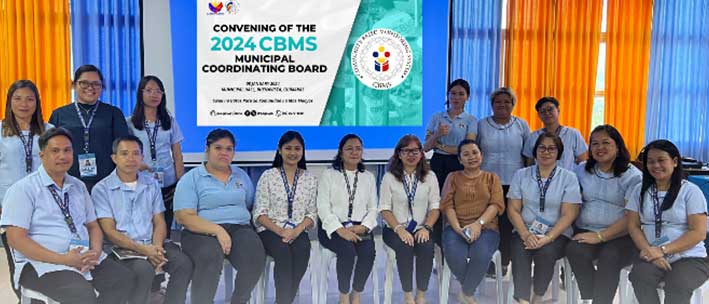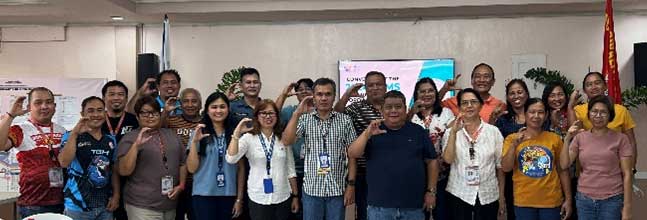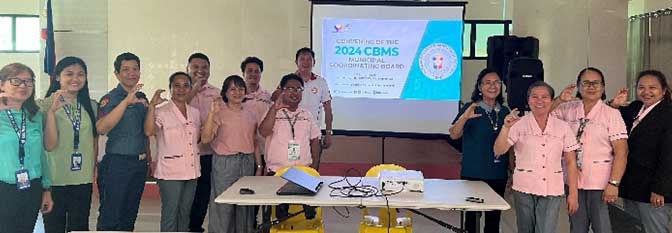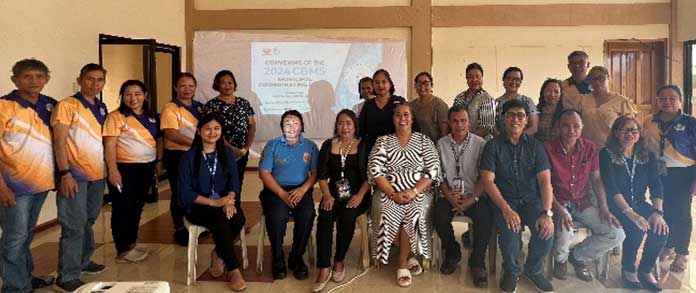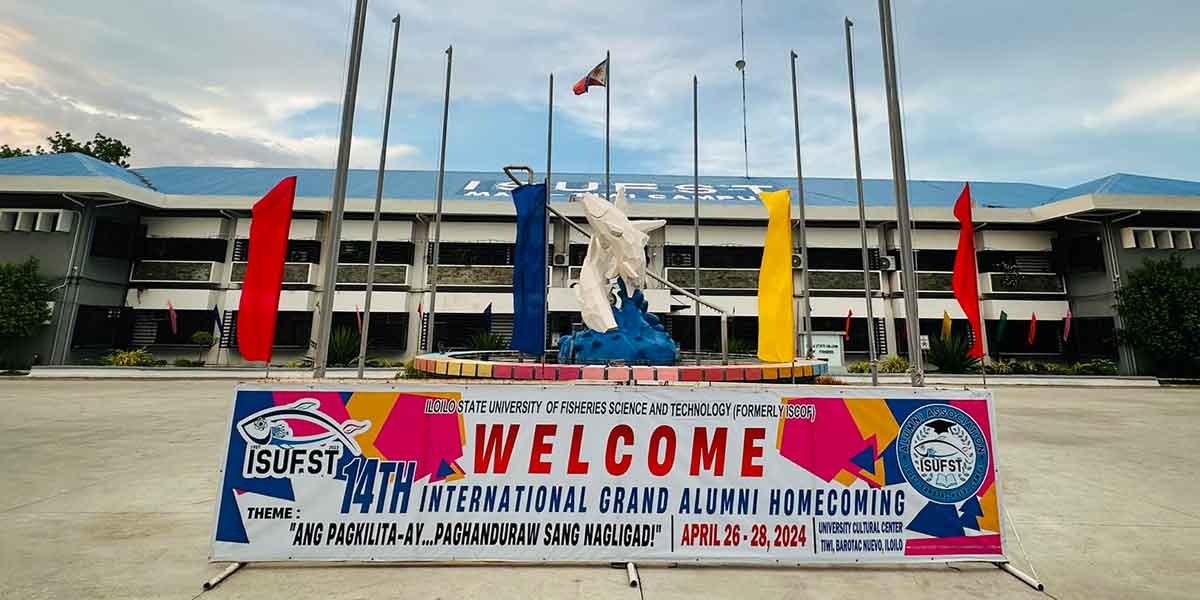Guimaras Province is gearing up for a thorough implementation of the Community-Based Monitoring System (CBMS) in 2024, with full support from local government units and the community.
The Philippine Statistics Authority (PSA) – Guimaras Provincial Statistical Office, in collaboration with the Provincial and Municipal Local Government Units (P/MLGUs) of Guimaras, has successfully convened all its CBMS Convening Boards (CCBs), preparing for the 2024 CBMS rollout.
The CBMS is a structured, technology-driven system designed for the collection, processing, and validation of critical disaggregated data for local-level planning, program implementation, and impact assessment, while also fostering community engagement in these processes.
The generation of statistical and geospatial data through CBMS will provide a foundation for targeting households in government programs aimed at poverty reduction and economic growth.
The Provincial CBMS Coordinating Board (PCCB) convened on February 22, 2024, achieving a remarkable 100% participation rate. Provincial Statistics Officer (PSO) Nelida B. Losare expressed satisfaction with the turnout.
“We are glad to record a hundred percent turnout from all PCCB members, which shows positive and overwhelming support and anticipation from the provincial government agencies and private entities regarding the richness and comprehensiveness of the CBMS data.”
Statistical Specialist II (SSII) Ellen Grace F. Galaura outlined the 2024 CBMS’s objectives, coverage, legal bases, data privacy, and the roles and responsibilities of PCCB members.
Senior Statistical Specialist (SrSS) Salvacion D. Lemos led the discussion on the board’s support and the timeline for the 2024 CBMS implementation. Lemos highlighted the CBMS’s role in updating and disaggregating data necessary for targeting beneficiaries, conducting comprehensive poverty analysis, designing policies, and establishing a CBMS database for local and national levels.
The 2024 CBMS operations will include a detailed enumeration of all households, geotagging of service facilities, and government projects. It will also cover capacity-building activities for Local Government Units (LGUs) to manage and utilize CBMS data effectively, as stated by SSII Galaura.
During the PCCB meeting, members addressed inter-municipality boundary disputes and agreed to present the issue to the Honorable Governor for resolution.
Prior to the PCCB convening, the Municipal CBMS Coordinating Boards from all five municipalities in the province convened successfully.
PSO Losare reported: “All five municipalities tallied an average of 78% participation rate, setting high anticipation and support from the local government and private entities of the province.”
These meetings ensured that logistics and other necessities were ready for the CBMS operations. The CBMS focal persons of PSA Guimaras, SrSS Lemos, and SSII Galaura, provided all relevant materials and discussions for the 2024 implementation.
The MCCB members and municipal representatives pledged their support for the 2024 CBMS’s success. They committed assistance including publicity, training venues, internet access for data uploading, transportation for remote areas, financial aid for notarization and insurance, and medical support like first aid and vaccinations for animal bites.
PSO Losare expressed gratitude for this comprehensive support: “We are delighted to have received the aforementioned assistance from the MCCBs with the relentless and full support from the local chief executives (LCEs) considering the extent of the CBMS undertaking in 2024.”
Issues such as inter-barangay and inter-municipality map boundary disputes were also raised. For LGU Nueva Valencia’s boundary dispute, it was decided to consult with PSA mapping and CBMS personnel to reach a resolution with the barangay captains. Disputes involving municipalities will be addressed by the Provincial CBMS Coordinating Board.
The 2024 CBMS aims to update social registries for agencies like the DSWD and cover all cities and municipalities of varying income classes, with the Highly Urbanized Cities (HUCs) encouraged to conduct their own CBMS operations with PSA’s technical support.
“The convening activities at the provincial and municipal government of Guimaras were successfully conducted, garnering support towards the successful implementation and institutionalization of the CBMS in the country,” Losare concluded, emphasizing the system’s role in evidence-based planning and data-driven program implementation.


















